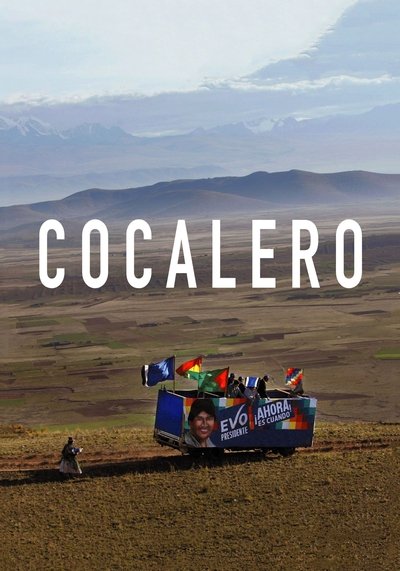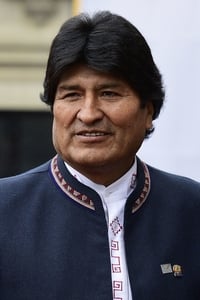Cocalero
Genres
Documentary
OverView
A documentary centered on the union formed by Bolivian farmers in response to their government's (which was urged by the U.S.) effort eradicate coca crops, and the man who would come to represent them, Evo Morales.
Others
Budget
$--
Revenue
$--
Status
Released
Original Language
Spanish
Runtime
86 mins
Rating
5/10
Release Date
22 January 2007
Country
Argentina

